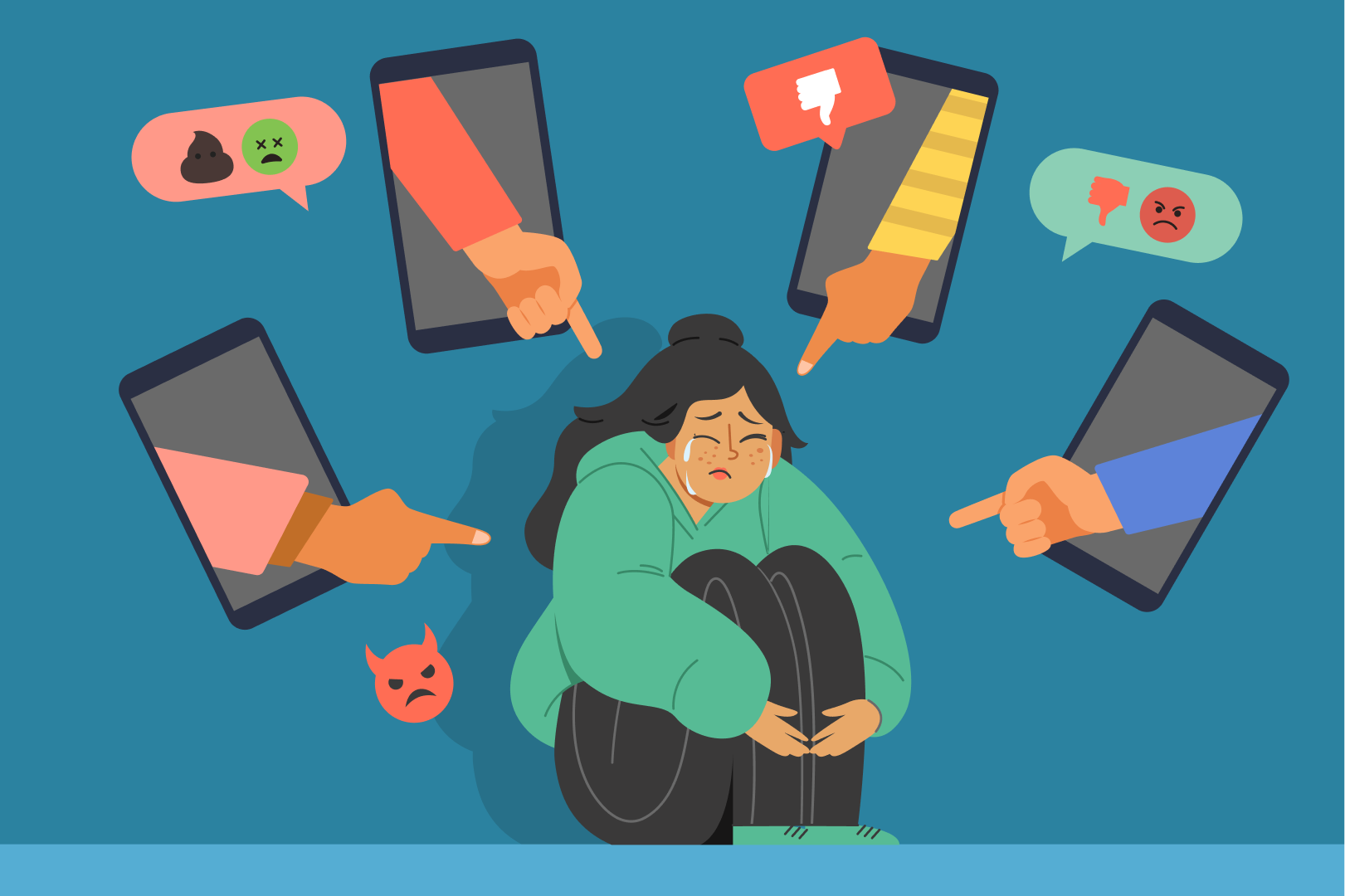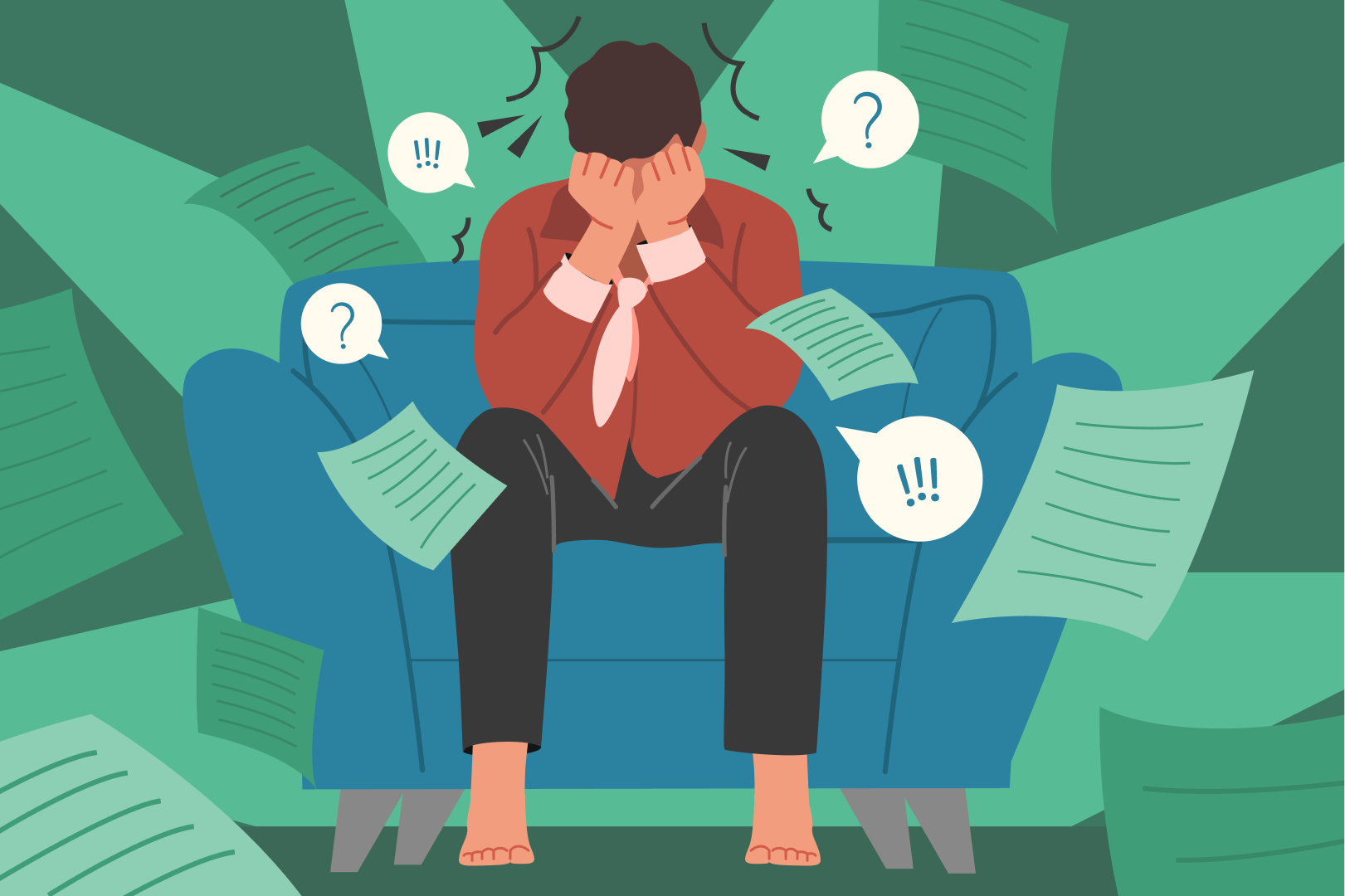None of us are superhuman. We all sometimes get tired or overwhelmed by how we feel or when things go wrong. If things are getting too much for you and you feel you can’t cope, ask for help.These are risk factors that you can look out for to know whether you need support
Warning Signs
If there are risk factors, it is important to seek assistance for yourself and your family. If a family member or friend is concerned, discussing the issue with another family member, friend, counselor, doctor could be helpful. Signs and behaviors that you need to watch out for:
- Marked fall in academic performance
- Poor marks in school despite trying very hard
- Severe worry or anxiety,not wanting to go to school,feeling stressed and not taking part in sports or other activities
- Frequent physical complaints (eg.headaches, body aches)
- Marked changes in sleeping and/or eating habits
- Extreme difficulties in concentrating at school or at home
- Having multiple sexual relationships
- Depression shown by sustained, prolonged negative mood and attitude, often accompanied by poor appetite, difficulty sleeping or thoughts of death
- Severe mood swings
- Strong worries or anxieties that get in the way of daily life, such as at school or socializing
- Repeated use of alcohol and/or drugs/ tobacco/gutka especially when stressed or when it is difficult to deal with a situation
What can you do?
You are not alone!
- Talk: If you experience recurring disturbing thoughts or symptoms, you must reach out to a professional counsellor immediately, or talk to a trusted family member, friend or colleagueabout what is troubling you. While financial cost and insurance are often obstacles to avail help, you can call the helpline number(s) for your city/country. Helplines are often responsive and free of cost, you can receive immediate guidance on how to stabilize your thoughts.
- Understand it’s a health condition: Understand that a mental health issue is a health condition, similar to how you also suffer from physical ailments. There is no need to isolate yourself or feel embarrassed or ashamed. Instead, recognize that you need to take care of your mental health and prioritize the treatment over everything else.
Recovery phase: To put it out clearly for you, recovery process and time is anything but a quick fix. It takes its due course of time. What is needed from you is to give yourself time to recover, practice empathy towards yourself, make both physical and mental exercise a part of your daily routine and fight those thoughts that pull you down every single day. It is a long journey, but you are worth the effort to take it on!
Risk for Suicide
Sometimes problems seem like they are impossible to solve for many different reasons. Sometimes we are not even fully aware a problem is building up. We just know something is wrong. An estimated 8,00,000 people globally lose their life to suicide every year, equating to around one person every 40 seconds. Suicide is the leading cause of death among young people aged 15-29, with people of all ages being vulnerable.
When problems build up, even the strongest individuals may think about suicide. Yet suicide is not the answer. Are you, or someone you know, at risk for suicide? The most common symptoms include loss of interest in daily activities, erratic mood swings and sudden changes in behavior, appetite, and sleeping patterns, among others. Inability to understand and decode what is going on in one’s mind to cause such extreme external changes can be frustrating. This frustration either turns into or adds to anxiety–leading to a burn out, nervous breakdown, panic attack, state of shock, fainting, and at times can condition the individual to contemplate suicide.
Seek help if you notice any of the following warning signs of suicide:
Threatening to hurt or kill self
Feeling trapped, like there’s no way out
Looking for ways to kill self
Abusing drugs or alcohol
Trying to get pills, guns, or other means to harm oneself
Withdrawing from friends or family
Talking or writing about death, dying or suicide
Having dramatic changes in mood
Feeling hopeless
Feeling like there is no reason for living, no sense of purpose in life
Experiencing rage, uncontrolled anger or seeking revenge
Sleeping too much or too little
Acting reckless or engaging in risky activities
Giving away possessions
Screening Tool:
If you are stressed or experiencing distress, fill up the scale using the Link:
https://ogg.osu.edu/media/documents/MB%20Stream/who5.pdf
For the well-being scale, a raw score below 13 indicates poor well-being and is an indication for further evaluation for depression/ anxiety. Please reach out to a counsellor/psychiatrist for help.
Helplines for Psychological Distress
- KIRAN – 24×7 Mental Health Helpline by Government
Based in: Pan-India
Provides/Offers: First stage advice, counselling, and references
Availability: 24/7
Helpline Contact: 1800-599-0019
- The Health Collective India
Provides/Offers: City-wise lists of Distress/Suicide Prevention Helplines & Stress-Related Helplines
- iCall – Psychosocial Helpline by Tata Institute of Social Sciences (TISS)
Based in: Pan-India
Provides/Offers: Professional and free counseling over phone, email, or chat
Availability: Monday-Saturday, 8 am to 10 pm
Helpline Contact: 022-25521111
Email Address: icall@tiss.edu
- Aasra
Based in: Mumbai
Provides/Offers: Free helpline for people in crisis
Availability: 24/7
Helpline Contact: +91 98204 66726
- Cooj
Based in: Goa
Helpline Contact: +91 98225 62522
Email Address: coojtrust@yahoo.co.in
- Samaritans Mumbai
Based in:Mumbai
Provides/Offers: Emotional support for stress, distress, depression, or suicidal thoughts
Helpline Contact: +91 84229 84528, +91 84229 84529, +91 84229 84530
Email Address: talk2samaritans@gmail.com
- Sneha Foundation
Based in: Chennai
Provides/Offers: Suicide prevention
Availability: 10 am to 4 pm (all days)
Helpline Contact: +91 44 2464 0050, +91 44 2464 0060
Email Address: help@snehaindia.org
- Parivarthan Counselling, Training & Research Centre
Based in: Bangalore
Provides/Offers: Counselling helpline
Availability: Monday to Friday, 1 pm to 10 pm
Helpline Contact: +917676602602
- Connecting NGO
Based in:Pune
Provides/Offers: Non-judgemental listening service and helpline
Availability: Every day, 12 pm to 8 pm
Helpline Contact: +919922004305, +919922001122
Email Address: distressmailsconnecting@gmail.com
- National Toll-free Drug De-addiction Helpline
Based in: Pan-India
Provides/Offers: Drug de-addiction support
Helpline Contact: 1800-1100-031







